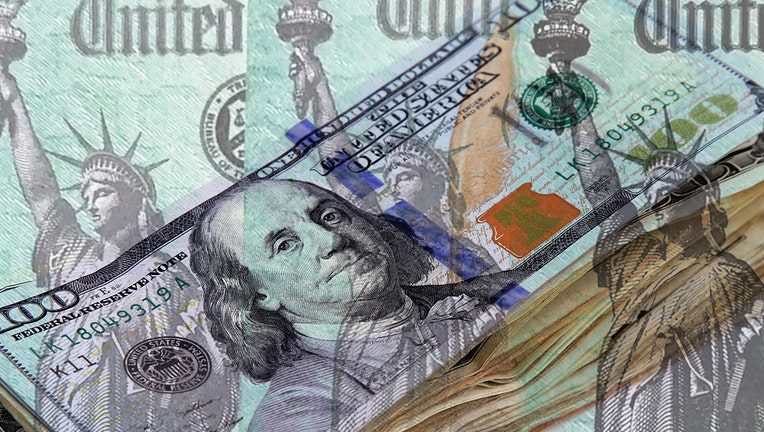Why you should keep paying your federal student loans despite COVID-19 relief

Getting out of debt faster has advantages. (iStock)
As Americans navigate the COVID-19 pandemic and some struggle to make payments on their personal loan, student loan, auto loan and mortgage, the CARES Act gave federal student loan borrowers a chance to pause their payments interest free. And when the Biden administration took over, it continued the COVID-19 financial relief through the end of September 2021.
If you took advantage of the program, you’ve probably enjoyed having one less payment to worry about, especially if the uncertain economy impacted you. According to the Federal Reserve, the average monthly student loan payment is between $200 and $299. Keeping that money in your pocket can help you build an emergency fund or get ahead on other debts.
However, if your job and income have been steady through the crisis, you may want to consider forgoing the program and making the federal student loan payments even though they’re not required. Getting ahead can provide several benefits, such as allowing you to:
- Chip away at your overall loan amount
- Boost your credit score
- Cut down on interest
- Improve your financial health
If you have private student loans and federal relief isn't available to you, you can also use Credible's online student loan calculator to compare rates and determine the costs of your loans.
1. Chip away at your overall loan amount
The Biden administration continues to pause interest accrual for federal student loans during the relief period, which means the entirety of your payments will go toward the principal. This can be a powerful tool for getting traction on reducing your total federal student loan debt. Watching the bottom line on your loan balance shrink could also give you the motivation to pay it off faster.
While the COVID relief benefits only apply to federal loans, borrowers with private student loans can look at options such as refinancing their loans to get them paid off faster. You can use an online tool like Credible to view a rates table that compares student loan refinance rates from multiple lenders at once. This can help you decide if refinancing makes sense.
2. Boost your credit score
While timely payments on your student loan and a healthy credit mix can positively impact your credit score, your total debt load, including student loans, credit cards and auto loans, can work against your score if it is too high. If your student loan balance is high, for example, it can lead to a high debt-to-income (DTI) ratio, which is your monthly income compared to your total monthly debt payments. Lenders base their interest rates for mortgages or auto loans on factors that include your DTI, which can affect how much it costs you to borrow in the future. Paying off your student loans faster can help your DTI ratio.
DO YOU NEED TO HAVE A GOOD CREDIT SCORE TO GET A STUDENT LOAN?
3. Cut down on interest
By paying your student loan debt while federal student loan payments are paused, you’ll be reducing your principal balance, and you’ll also reduce the total amount of interest you’ll pay over the term of the loan. Once the government charges interest on your loan amount again, the interest you’ll accrue going forward will be less since your loan balance is lower. This is a great way to save money over the term of your loan.
During this time, many private lenders have reduced the student loan refinance interest rate they charge, and are offering their best refinance rates. Use an online tool like Credible to compare rates from multiple lenders at once. You can quickly find the best offer for your situation.
4. Improve your financial health
By paying off your federal student loans early, you can free up that money to put toward other goals or repayment plans that'll improve your financial health. You may decide to purchase a house, build up your investment portfolio or pay off a credit card faster. It also avoids the potential of going into default later if your situation changes.
If you’ve considered refinancing federal student loans right now to tap into lower interest rates, you may want to hold off — doing so would remove the COVID-19 relief benefits. But it may be possible to refinance your private student loans to lower your interest rate. You can use an online student loan refinancing calculator to get a sense of what your new monthly payments could be. This information can be helpful in making your decision on how to better manage your student loan debt.
Taking advantage of federal student loan programs when your economic situation has been negatively impacted can be a smart way to protect your financial future. But if your monthly budget hasn’t been strained due to the economic uncertainty, there’s no need to stop making monthly payments. By continuing to make your federal student loan payments, you’ll shape your financial future so it continues to benefit you once the pandemic is over.
NEED TO PAY OFF HOLIDAY DEBT? HERE’S HOW TO DO IT
Have a finance-related question, but don't know who to ask? Email The Credible Money Expert at moneyexpert@credible.com and your question might be answered by Credible in our Money Expert column.

